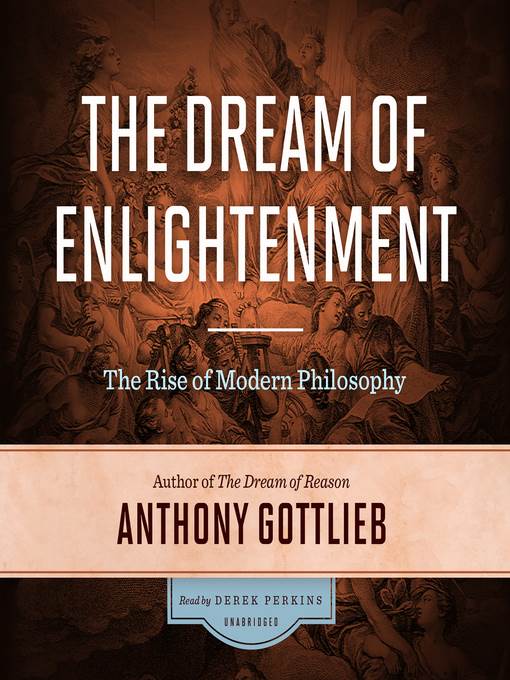
The Dream of Enlightenment
The Rise of Modern Philosophy
کتاب های مرتبط
- اطلاعات
- نقد و بررسی
- دیدگاه کاربران
نقد و بررسی

June 20, 2016
Gottlieb (The Dream of Reason), a former executive editor of the Economist, takes on the difficult task of trying to figure out what exactly the Enlightenment’s greatest thinkers were thinking, and to describe their thoughts in lay terms. He draws on intellectual, political, and scientific developments in Europe from the 1630s to the French Revolution. Gottlieb begins with Descartes and progresses through Hobbes, Spinoza, Locke, Bayle, Leibniz, and Hume, concluding with Voltaire, Rousseau, and the Philosophes. Gottlieb skillfully juggles the biographical eccentricities of the philosophers and their enormous paper flow (some one million pages for Leibniz alone), but he takes on too much when he tries to show how these men, largely ill at ease with their peers and religious institutions, have been mishandled by such later thinkers as Kant and Pope John Paul II. The book overflows with information, but chapters could be better organized internally. Moreover, Gottlieb’s writing can feel dull and uninspired given the material and his array of insights, including Locke’s defense of serfdom and colonialism, and his possible theft of his theory on private property from a friend; Spinoza’s influence on Einstein; and Hobbes’s conviction that rational man would seek self-preservation and peace. The book has flaws, but Gottlieb’s knowledge makes it worth reading.

























دیدگاه کاربران